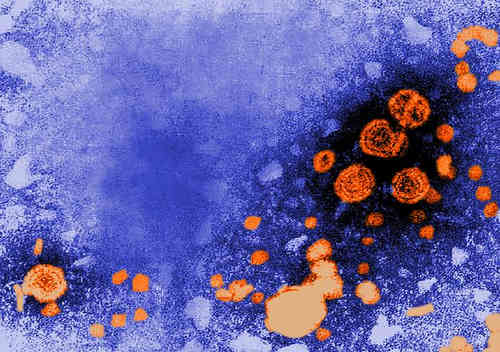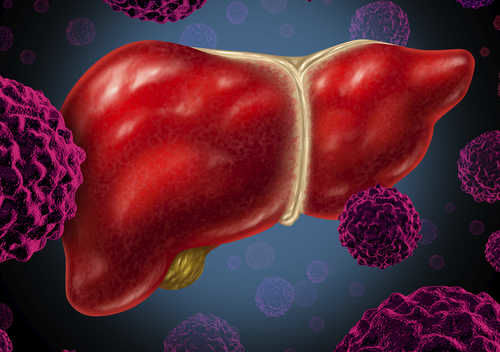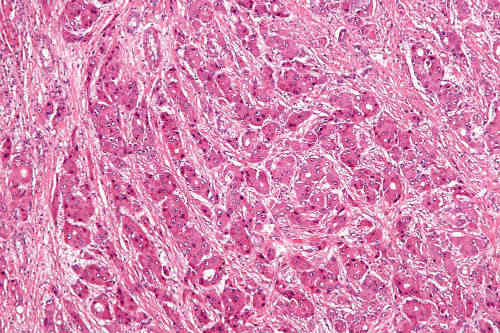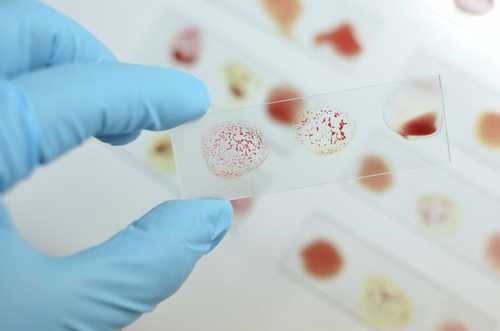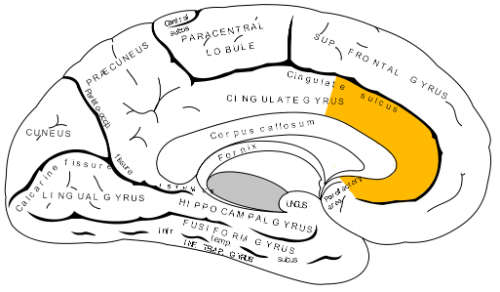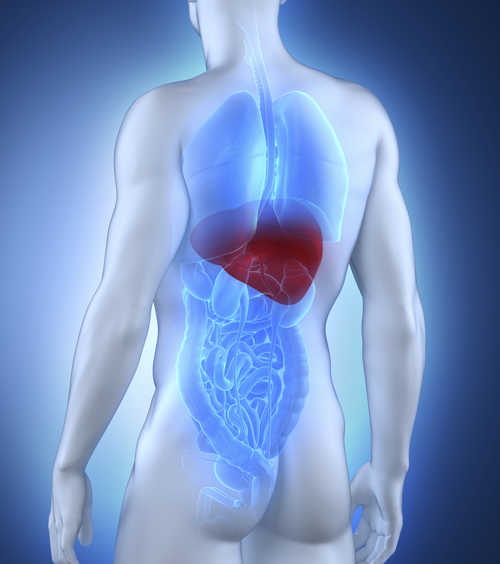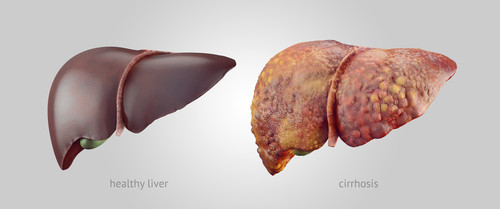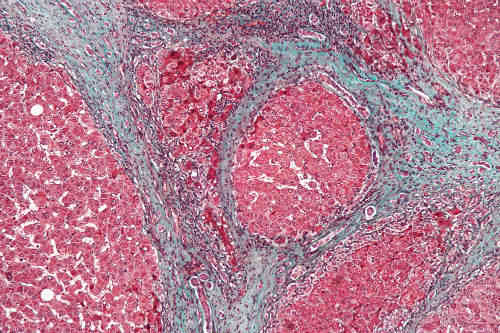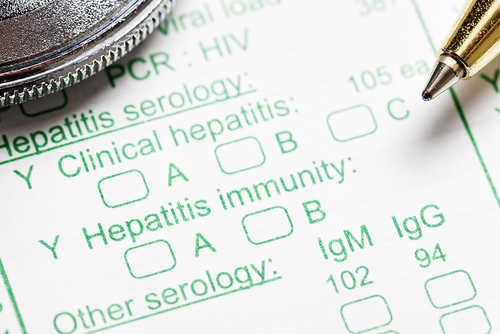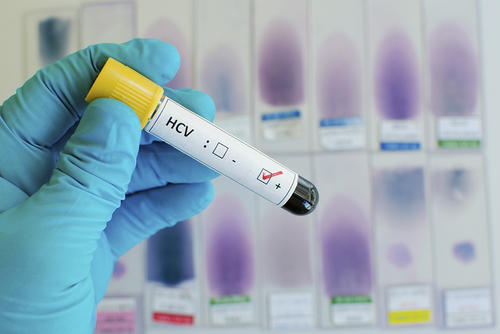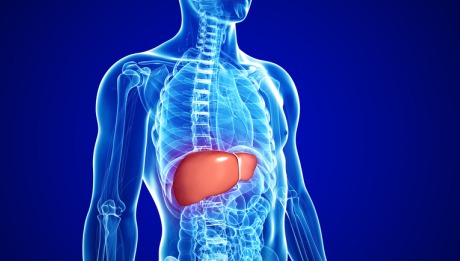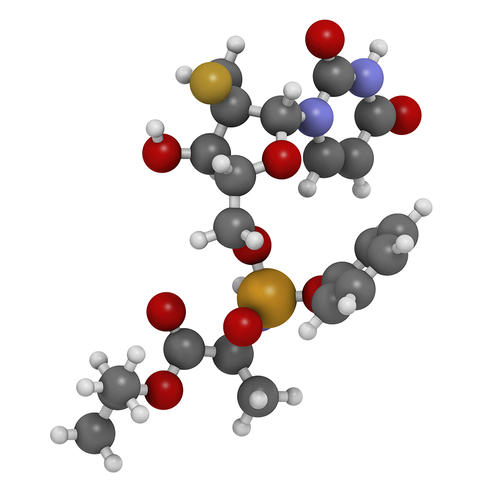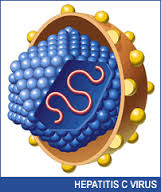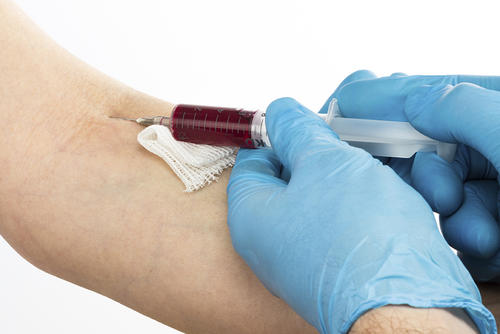AASLD – The Liver Meeting® 2015
Conference Research Round-Up
The 2015 meeting of the American Academy for the Study of Liver Diseases (AASLD) was held in San Francisco, November 13 to 17, 2015. We have selected a number of presentations that focus on the value of performance-based medicine.
Timing of Liver Transplantation Can Affect HCC Recurrence
November 24, 2015If patients with HCC receive a liver transplant too soon, the risk of cancer recurrence is increased. If the time to transplantation is too great, the risk of recurrence is also increased. The sweet spot duration between HCC diagnosis and transplantation is--
12-week, 1-Tablet Combo 99% Curative vs 5 HCV Genotypes
November 17, 2015Continuing the move away from complex, hard-to-tolerate therapies, a single tablet promises highly effective treatment for most HCV patients. Just how effective is it?
Non-identical ABO Transplantations Decrease Supply and Increase Mortality Among A, O Patients
November 17, 2015UNOS policies aim to get more livers to the sickest patients. But increasing non-ABO matched donations may lead to disproportionately higher death rates among some groups.
Spare Opioids for Better Outcomes in Liver Donor Pain Control
November 17, 2015Pain is a significant problem for liver donors. So are opioids. What is the transplant team's best course?
Brain Regions Increase Activity Following Liver Transplantation, Cognition Improves
November 17, 2015Researchers have known that liver transplants often improve cognition. Now they know how.
Coffee Benefits Patients with Liver Disease
November 17, 2015For patients with two common liver diseases, that morning cup of Joe may be helping with more than just waking them up.
Drug Combo Offers Options for Challenging HCV Genotype 3 Patients
November 16, 2015Patients with genotype 3 HCV infections have not benefitted as much as others from the introduction of direct-acting antivirals, but one combination may bring them into the 90%+ response rate club.
Multistep Strategy Cuts Post-Transplantation Early Readmissions
November 16, 2015Liver transplant patients have high 30-day readmission rates, but expanding treatment options outside the hospital can help reduce the rate.
Four Factors Predict Readmission among Post-Surgical Patients with Decompensated Cirrhosis
November 16, 2015Patients at high risk of readmission can require greater resources to keep them out of the hospital. But how can hospitals identify them? For post-surgical patients with decompensated cirrhosis, a new model may help.
Simple Tool Cuts 30-day Readmissions for Decompensated Cirrhosis
November 16, 2015Both patients and hospitals want to avoid readmissions. For patients with cirrhosis, 3 simple steps can cut readmissions rates dramatically.
Use of Optifast Diet Expands Pool of Viable Live Liver Donors
November 16, 2015The U.S. epidemic of obesity and fatty liver disease has reduced the pool of qualified live liver donors. Perhaps the trend can be reversed by reducing the donors' body mass index (BMI)—with a very low-calorie diet.
Ribavirin Significantly Improves Results in HCV Patients with Decompensated Liver Disease
November 15, 2015Decompensated liver disease makes treating hepatitis C infections more challenging—and more urgent. Adding ribavirin to HCV treatment may have multiple benefits for patients with this complication.
After Treatment Failure, a Multiprong Approach Proves Effective vs HCV
November 15, 2015If a patient has a resistance-associated mutation that persists for nearly 2 years, what are the options for retreatment? One multi-targeted regimen holds promise.
Is Ribavirin Necessary in Liver Transplant Recipients with Recurrent HCV?
November 15, 2015Recurrent HCV infection after liver transplantation is associated with reduced response to conventional antiviral therapy, so current guidelines recommend use of regimens with ribavirin or extended treatment. New research suggests it may be time to reconsider those recommendations.
HCV-related Liver Transplantation Waitlist Registrations Decline
November 15, 2015DAA therapy has been prioritized in HCV patients with cirrhosis to slow the clinical progression and possibly reverse liver damage. Has it worked?
DAA Resistance Mutations Common in Treatment Failure
November 15, 2015Approximately 95% of patients respond to direct-acting antivirals in clinical studies. Do genetic mutations account for the remaining 5%? A VA study provides some insight.
Ribavirin Ups Cure Rates by 50% in HCV GT3 with Cirrhosis
November 15, 2015Patients with hepatitis C virus genotype 3 have had few effective therapies to date, particularly if they have cirrhosis. That may soon change, based on a pair of phase 3 trials.
Clinicians' New Question: Who is Least Likely to Succeed HCV Treatment
November 15, 2015Hepatitis C researchers want to know who is least likely to succeed when treated with the newest drugs and regimens. But with nearly everyone achieving sustained virologic response on direct acting antivirals in clinical trials, answers have been hard to come by. Until now.
Combination 100% Effective vs HCV in Patients with Resistant Variants
November 15, 2015Failure on direct-acting antivirals may indicate a patient has a resistance-associated variant of the hepatitis C virus. One change to the therapy can turn around the results.

